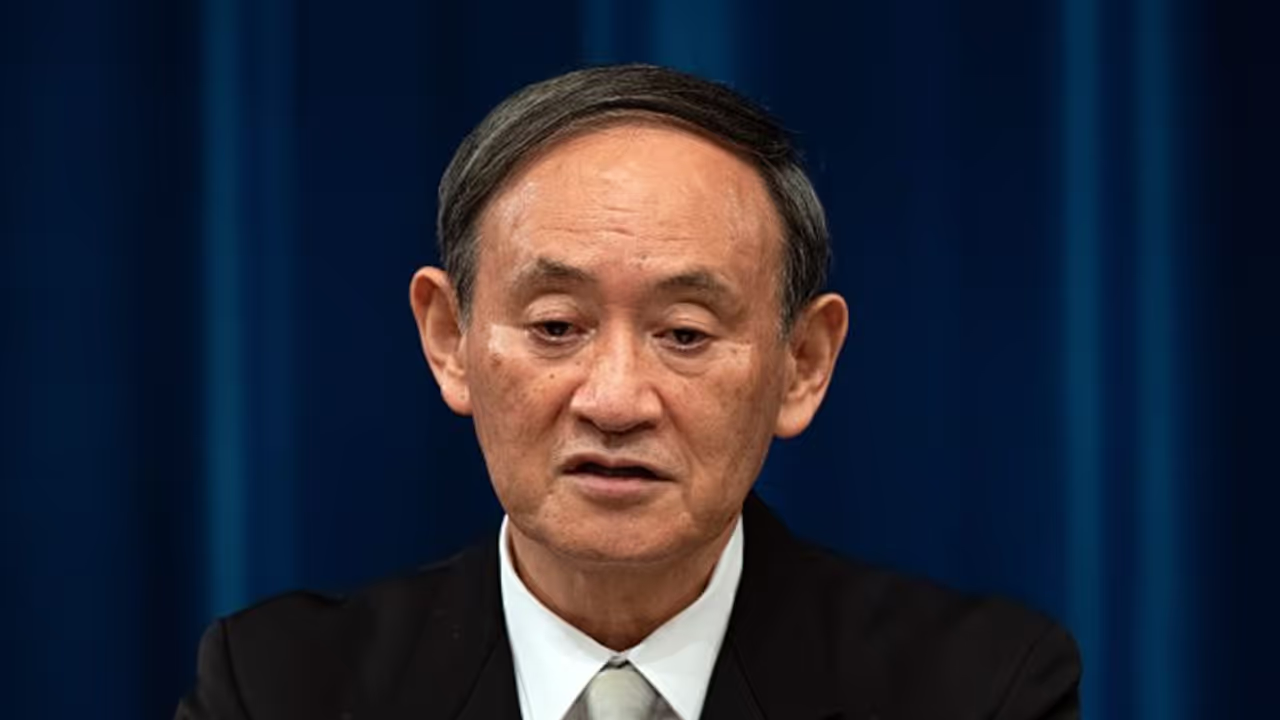The work to release the water will begin in about two years, the government said, and the whole process is expected to take decades.
Japan plans to release into the sea more than 1 million metric tons of treated radioactive water from the destroyed Fukushima nuclear station, the government said on Tuesday, a decision that is likely to anger neighbours such as South Korea.

The decision, long speculated but delayed for years due to safety concerns and protests, came at a meeting of Cabinet ministers who endorsed the ocean release as the best option.
The accumulating water has been stored in tanks at the Fukushima Daiichi plant since 2011, when a massive earthquake and tsunami damaged its reactors and their cooling water became contaminated and began leaking. The plant’s storage capacity will be full late next year.
The work to release the water will begin in about two years, the government said, and the whole process is expected to take decades.
"On the premise of strict compliance with regulatory standards that have been established, we select oceanic release," the government said in a statement after relevant ministers formalized the decision.
Prime Minister Yoshihide Suga said ocean release was the most realistic option and that disposing the water is unavoidable for the decommissioning of the Fukushima plant, which is expected to take decades. He also pledged the government would work to ensure the safety of the water and to prevent damaging rumours.
The plant’s operator, Tokyo Electric Power Co., and government officials say tritium, which is not harmful in small amounts, cannot be removed from the water, but all other selected radionuclides can be reduced to levels allowed for release. Some scientists say the long-term impact on marine life from low-dose exposure to such large volumes of water is unknown.
The government stresses the safety of the water by calling it “treated” not “radioactive” even though radionuclides can only be reduced to disposable levels, not to zero. The amount of radioactive materials that would remain in the water is also still unknown.
The decision comes about three months ahead of the postponed Olympic Games to be hosted by Tokyo, with some events planned as close as 35 miles (56 kilometers) from the wrecked plant.
The disposal of contaminated water from the Fukushima Daiichi plant, run by Tokyo Electric Power, has proved a thorny problem for Japan as it pursues a decades-long decommissioning project.
